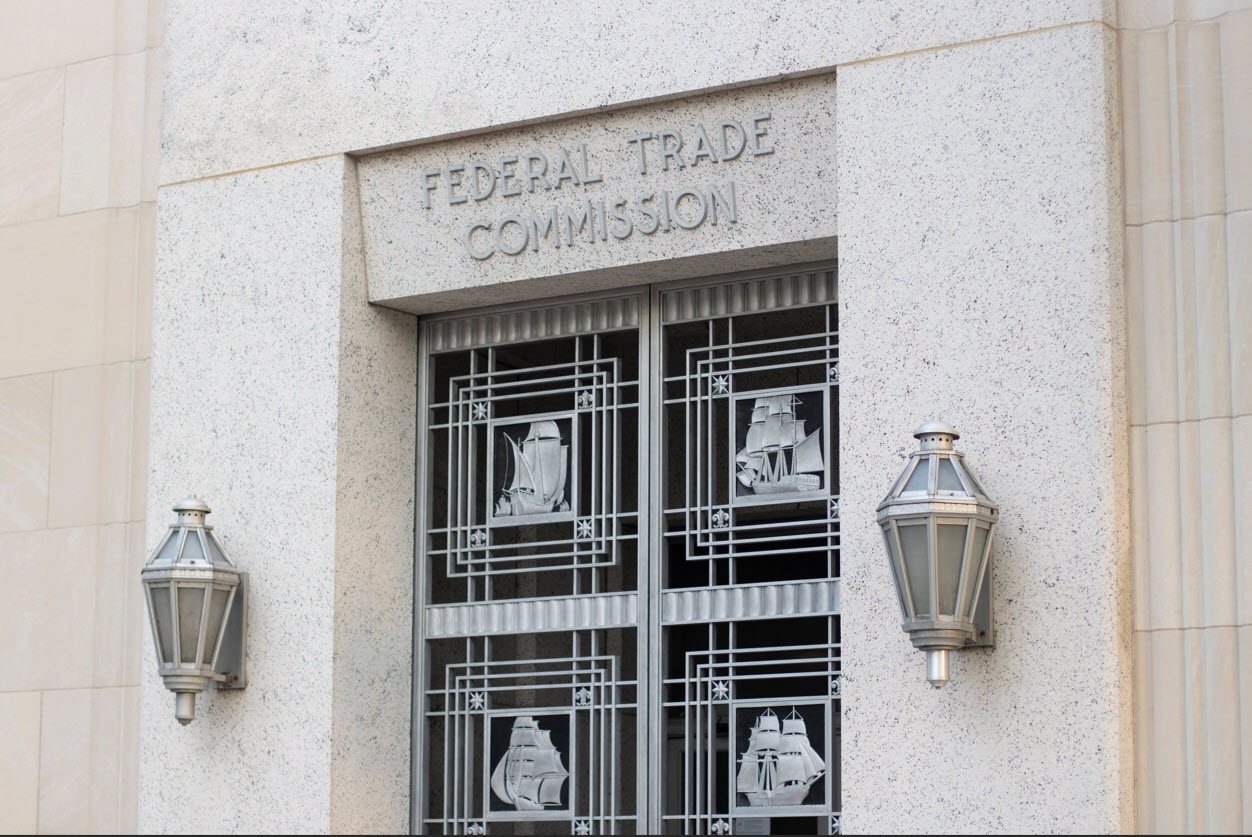In a significant move to protect consumers, the Federal Trade Commission (FTC) has taken action against a fraudulent student loan debt relief scheme that deceived people out of over $20.3 million. This marks the first case under the FTC’s new Impersonation Rule.
What Happened?
A federal court has temporarily stopped the fraudulent operation and frozen its assets. The FTC’s complaint states that the company involved falsely claimed to be affiliated with the Department of Education. They also misled consumers into believing they could secure loan forgiveness that didn’t exist.
“These defendants promised to lower student loan payments, but then took millions of dollars from consumers and did nothing, leaving them in deeper debt,” said Samuel Levine, Director of FTC’s Bureau of Consumer Protection. “The FTC will continue taking decisive action against those who exploit Americans struggling with student debt.”
Who’s Involved?
The companies and individuals named in the FTC’s complaint include:
- Panda Benefit Services (also known as Prosperity Benefit Services)
- Clarity Support Services
- Pacific Quest Services
- Prosperity Loan Services
- Public Processing Services
- Quick Start Services
- Select Student Services
- Signature Processing Services
The operators involved are Christopher Hanson, Eduardo Martinez, Emiliano Salinas, and Melissa Salinas. These entities and individuals targeted consumers struggling with student loan debt, charging them hefty fees for fake loan forgiveness programs.
How Did They Operate?
The FTC’s complaint details several deceptive practices:
- False Promises: The scammers guaranteed loan forgiveness and reduced payments, which they never delivered.
- Fake Affiliations: They claimed to be affiliated with the Department of Education to gain consumers’ trust.
- Misleading Mailers: Urgent letters with phrases like “FINAL NOTICE” and “Time Sensitive” lured consumers into calling the number provided on the letter.
- Deceptive Telemarketing: Once on the phone, telemarketers convinced consumers they could get loan forgiveness in a short time, unlike federal programs.
- Illegal Fees: They collected illegal upfront fees from consumers, exploiting their bank account or debit card information.
Despite their promises, the operators did not secure loan forgiveness or lower payments. Many consumers were unaware of the scam due to the federal COVID-19 payment pause from March 2020 to October 2023, which temporarily halted federal student loan payments.
Understanding the Impersonation Rule
The FTC’s Impersonation Rule, effective from April 1, 2024, enhances the agency’s ability to tackle and deter scammers who pretend to be government agencies or businesses. It allows the FTC to:
- File federal court cases against violators.
- Seek refunds for affected consumers.
- Impose civil penalties on those who break the rule.
In this case, the defendants also violated other laws, including the FTC Act, the Telemarketing Sales Rule, and the Gramm-Leach-Bliley Act.
What’s Next?
The FTC’s action against this fraudulent scheme marks a significant step in protecting consumers from scams. With the Impersonation Rule, the FTC has enhanced tools to continue addressing deceptive practices. The U.S. District Court for the Central District of California has issued a temporary restraining order, and the FTC will work towards a permanent resolution.
For consumers, this serves as a reminder to be cautious and verify the legitimacy of debt relief programs, especially those claiming to be associated with government agencies.

Author: Jennifer Evancic
Jennifer.Evancic@ResourceManagement.com
Jennifer Evancic is a third-party auditor valued by creditors and large organizations for her knowledge in call monitoring within the collections industry. With meticulous attention to detail and a firm grasp of regulatory requirements, she ensures compliance with clients’ criteria and state and federal regulations.
Jennifer audits collections calls, ensuring they meet client-specific criteria and comply with regulations, providing valuable insights and maintaining industry standards.
Beyond her auditing responsibilities, Jennifer takes the lead in organizing and facilitating monthly call calibrations. These sessions serve as a collaborative forum where clients and their vendors come together to discuss call monitoring results and address any findings or areas for improvement. Jennifer’s guidance fosters open communication and ensures alignment between clients and vendors, driving continuous improvement in collections practices.
Jennifer stays up-to-date with compliance and industry best practices by participating regularly in peer meetings, regulatory updates and industry webinars. This keeps her informed about emerging issues and ensures she remains a knowledgeable leader in collections compliance.
Sign Up for the Twice Monthly Newsletter
Just enter your email address at the top orange bar at:
Collection Compliance Experts – “The Power of Expertise: Oversight Perfected”
It’s that easy! Twice a month – we provide blog updates and Resources for the Collection and Industry Professional.
Your email is just for this newsletter. We never sell your information. No fee. Opt-out at any time.




